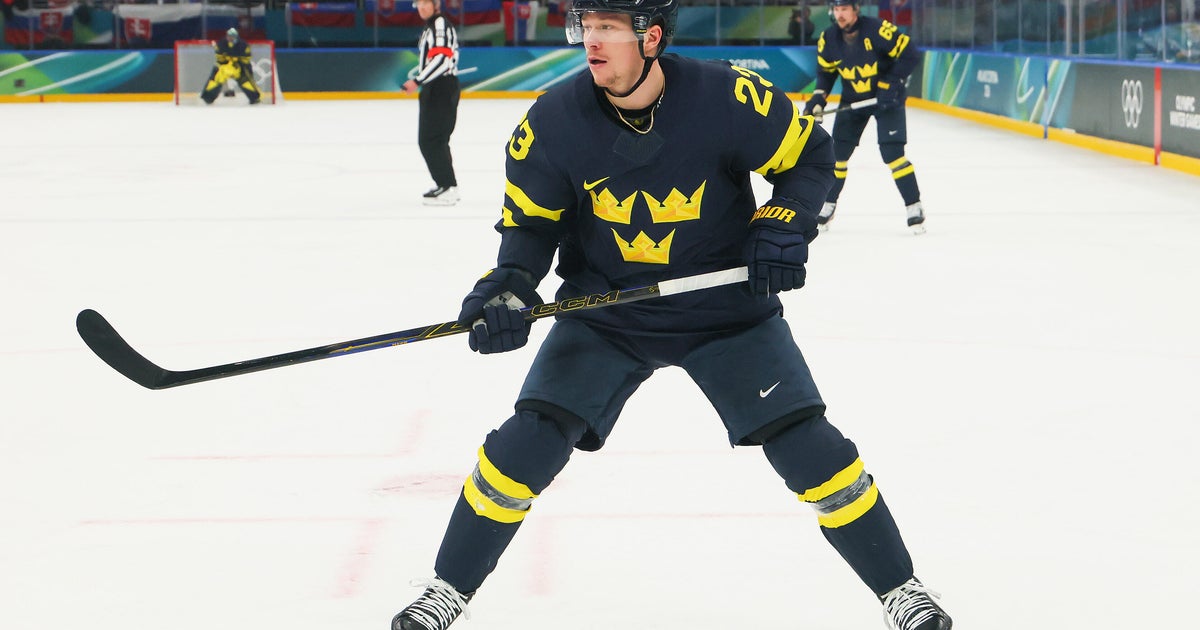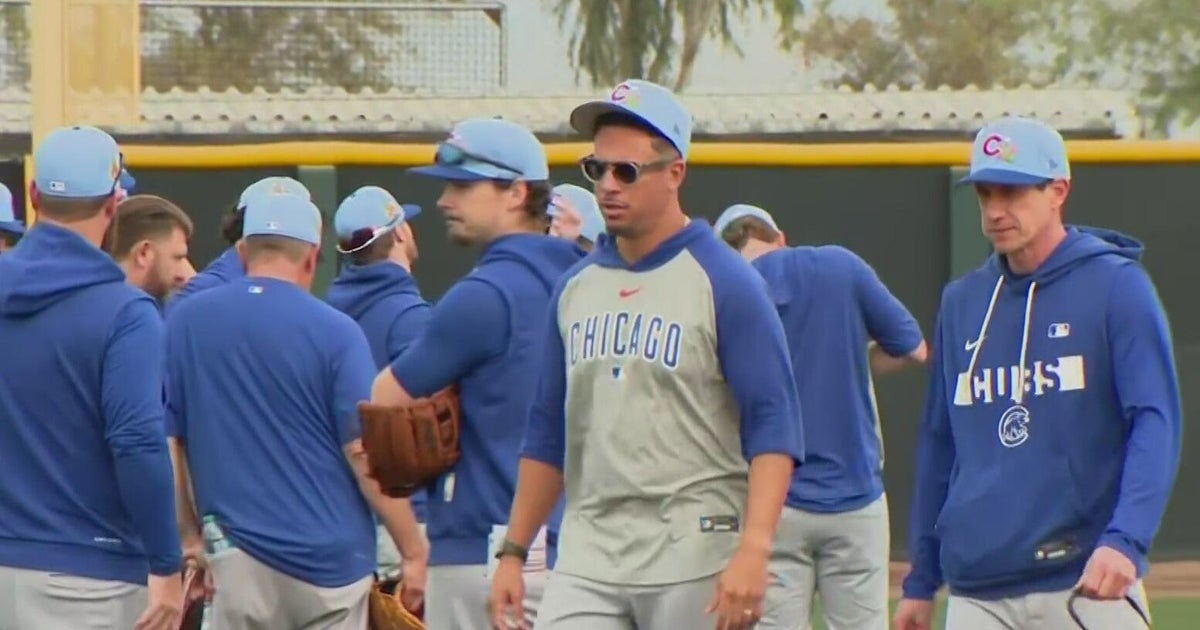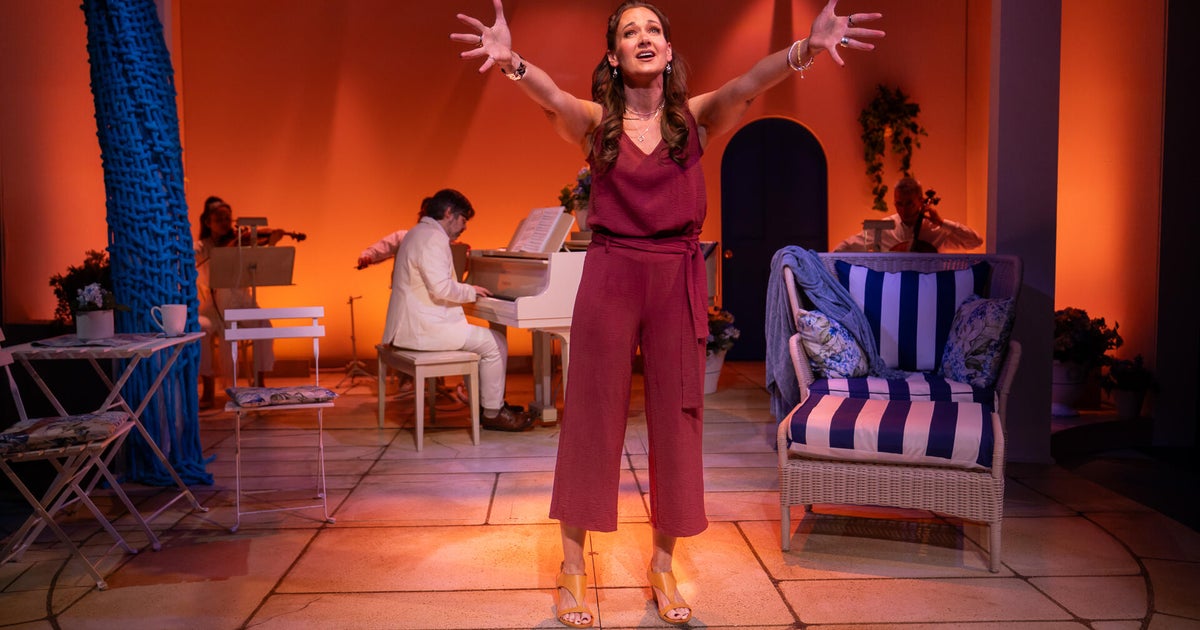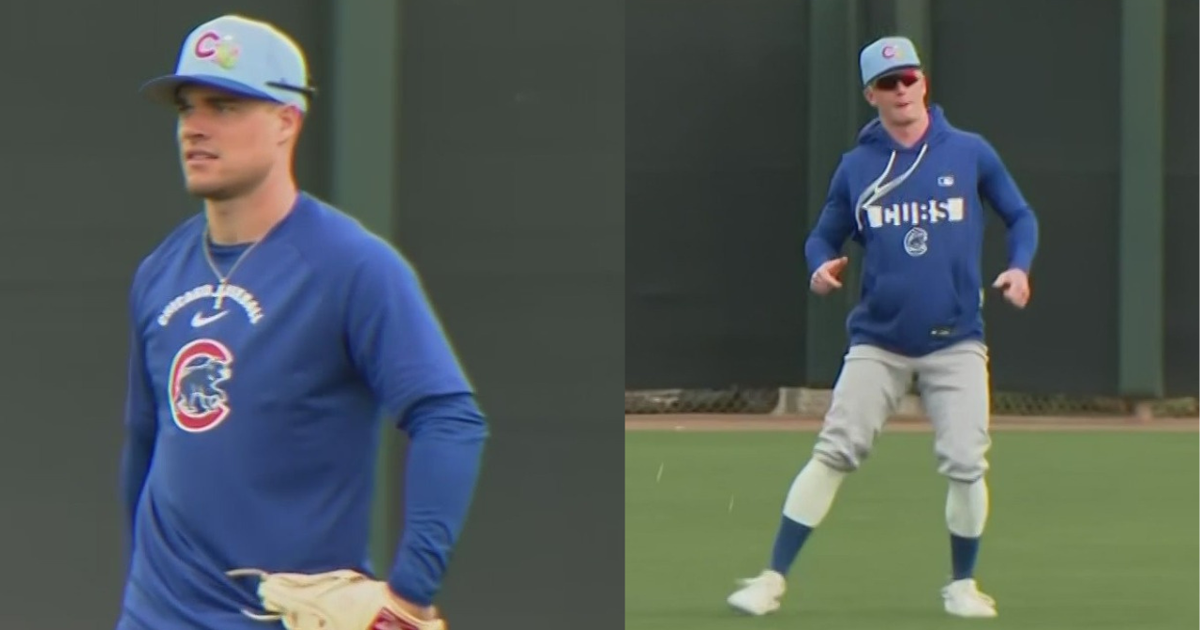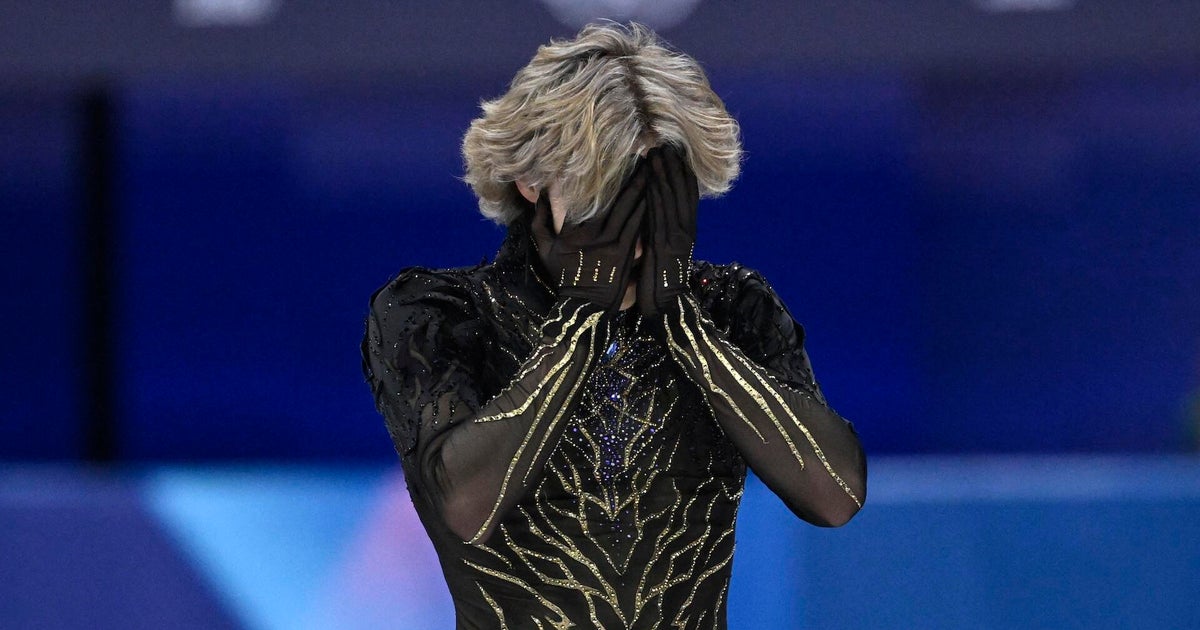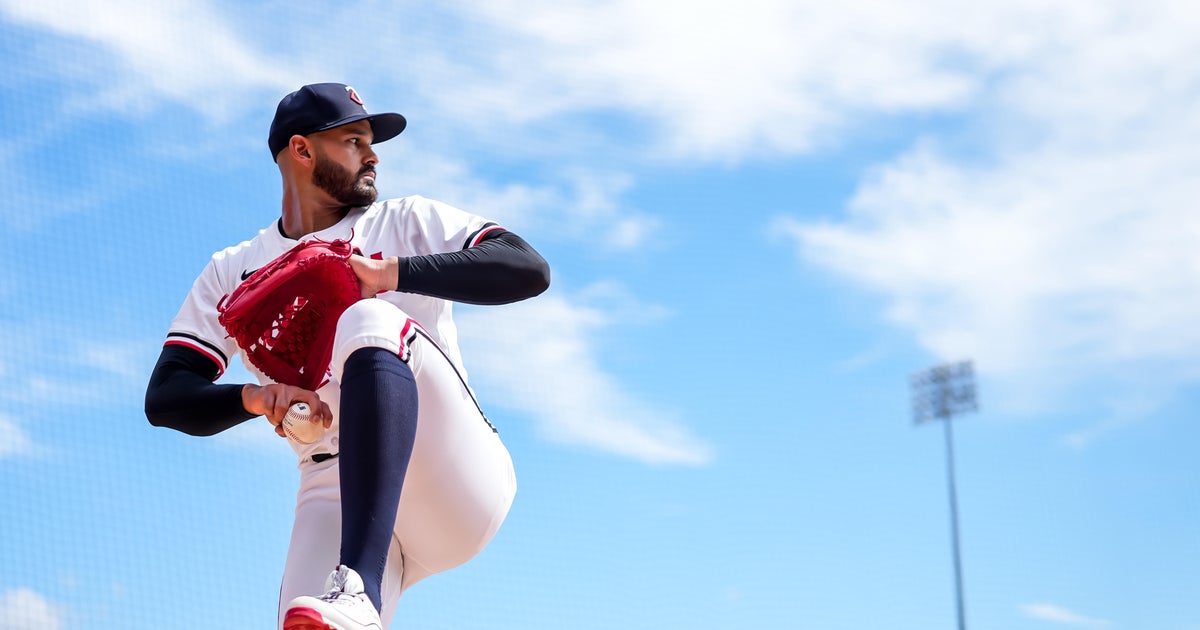Should The Celtics Reward Isaiah Thomas With A Max Contract?
BOSTON (CBS) -- The Celtics should consider themselves very fortunate right now.
Because they've drafted both Jaylen Brown and Jayson Tatum third overall in consecutive June's, and added arguably their two most significant free agents in Al Horford and Gordon Hayward in back-to-back July's?
All true, yes.
But Danny Ainge should also be thanking his lucky stars he didn't have to make a decision this summer on face-of-the-franchise and two-time All-Star Isaiah Thomas's future.
Coming off a top-five MVP finish for a top-seeded squad, All-NBA Second Team honors, borderline incomprehensible playoff heroics, and a career-high regular season average of 28.9 points per game, Boston's star point guard is entering the final season of what's unquestionably the best bargain in the NBA. Thomas will be paid just $6.26 million in 2017-18, a figure that's dropped each year since the former sixth-man was poorly-advised to sign the deal.
While Thomas has obviously trended in the upward direction only since Ainge fleeced his former protégé Ryan McDonough in Phoenix to acquire the guard in 2015, he's also currently hampered by a hip injury that prematurely ended his postseason and, though unlikely, may require surgery.
Still, at every opportunity, Thomas – as team-focused an individual as you'll meet when not being probed by questions about himself – has been happy to volunteer that he's hell-bent on getting a huge payday a year from now when he hits unrestricted free agency.
"I'm a max guy. So I deserve the max," he recently told Comcast SportsNet's A. Sherrod Blakely in Las Vegas. "We've got to just continue to take care of business on the court and let the cards fall where they may. But I'm happy for all the guards and all the other guys getting their money because they deserve it. My time is coming. They know they've got to bring the Brinks truck out. They know that."
Boston can afford to give Thomas a max five-year contract in the neighborhood of $180 million next summer, simply by paying into the luxury tax, and ownership has already indicated a willingness to do so. With the additions of Horford and Hayward, both given top money, the Celts' days of adding that level of talent in free agency are over for the foreseeable future. Trades are another story, of course, but the team will be capped out on the open market, which makes retaining Thomas all the more important.
And he knows it.
Ainge hasn't shied away in recent months from stating his intentions to build around Thomas – the latest sign being Avery Bradley's (another 2018 free agent) trade to Detroit – so perhaps his monster pay day is just a foregone conclusion.
The Celtics' president of basketball operations could have selected Washington's Markelle Fultz – widely believed to be the best choice – or big baller and Summer League MVP Lonzo Ball out of UCLA with the first overall pick in the draft before dealing that option to the Sixers, but he preferred Duke's Jayson Tatum. Named to the All-Summer League Second Team, the forward hasn't disappointed.
But Boston's glut of young and talented wings also highlights a lack of depth of the point guard position, unless Ainge believes Marcus Smart or Terry Rozier will be ready to leap into a starting facilitator role a year from now.
This is a complicated debate.
Some will say Thomas is worth a max contract extension because the fearless "King in the Fourth" has rapidly become one of the NBA's most exciting players, and clearly a key recruiter in Boston's efforts to land prize free agents the last two years. He's perhaps the most dominant entertainer of his stature in the history of the league and still in the prime of his career. He couldn't possibly fit the market any better be it on the court or in the community, and fans haven't adored a Celtic as much as they love the 60th overall pick in the 2011 draft since guys named Paul Pierce and Kevin Garnett regularly stepped on the parquet. Plus, with the salaries Thomas's counterparts have received of late, it's difficult to argue he isn't deserving of the same or more.
Others will state he isn't deserving of a max deal on account of his physical limitations. Even if you're willing to ignore the fact he'll turn 29 in February, Thomas is (listed at) 5-foot-9 and his aggressive style of play requires he take a physical beating night-in and night-out. How long before that takes a toll, especially with a hip problem that may linger? Moreover, Thomas is restricted defensively. It's not an effort issue, but his shorter stature does prevent the All-Star from matching up with bigger guards – which is mostly everyone.
You'll choose your side, if you haven't already, and Thomas will surely use it as motivation if you bet against him. Ultimately, it's up to Ainge and the men who sign the checks. Lost in the above, though, is perhaps the most important point: the debate is incomplete.
We don't know how Hayward's arrival will impact Thomas's numbers or overall play, even if the assumption is better players only elevate those around them. Will the guard still be the featured option late in games, and in an offense that revolves around him?
We don't know if Thomas's hip or any unforeseen ailment will prevent him from making it through a full season. We've seen, mouths gaped – even literally his as it concerns the teeth in that mouth – what he can handle mentally and emotionally. He's been an inspiration, but durability isn't guaranteed.
We also don't know for certain if Boston's as important to Thomas as Thomas is to Boston. Suppose a middling or underachieving club desperate for a star or ticket sales is willing to pony up cash the Celtics aren't for the guard. Would he accept a discount over the length of a max deal – say, $25 million per year rather than north of $30 million – to remain in the city that, combined with his efforts, put his star on the map? Would he view that as a slap in the face after Horford and Hayward were handed more coming from elsewhere?
Or, would Thomas prefer a Kyle Lowry-esque three-year, $100 million pact? That would save the C's from having to pay two early-30s seasons for a player who may very well be declining by then, and would also get him to free agency again sooner if he isn't, with the opportunity to ink a deal worth up to 35 percent of a club's cap as a 10-year vet.
Win-win, perhaps.
For now and for perspective, Thomas is slated to make about a third of Evan Turner's $17.1 million salary next year in Portland and barely more than half of Kelly Olynyk's $10.6 million in Miami. Even Boston rookie Jayson Tatum, who's yet to play a professional game, is on the books for $5.6 million. Thomas is as aware of it as we are, but timing's everything.
Timing is on Ainge's side right now because what may have been a challenging decision is on hold another year. But, Thomas's time is coming and, fact is, only a trade could possibly offer the cap-strapped Celtics a better option than simply extending themselves to pay their own star. Short of a significant regression, the inevitable is clear.
Hear that?
That's the sound of a Brinks truck backing up.
